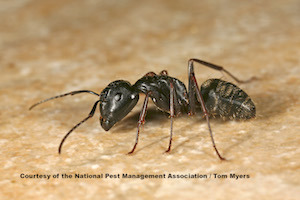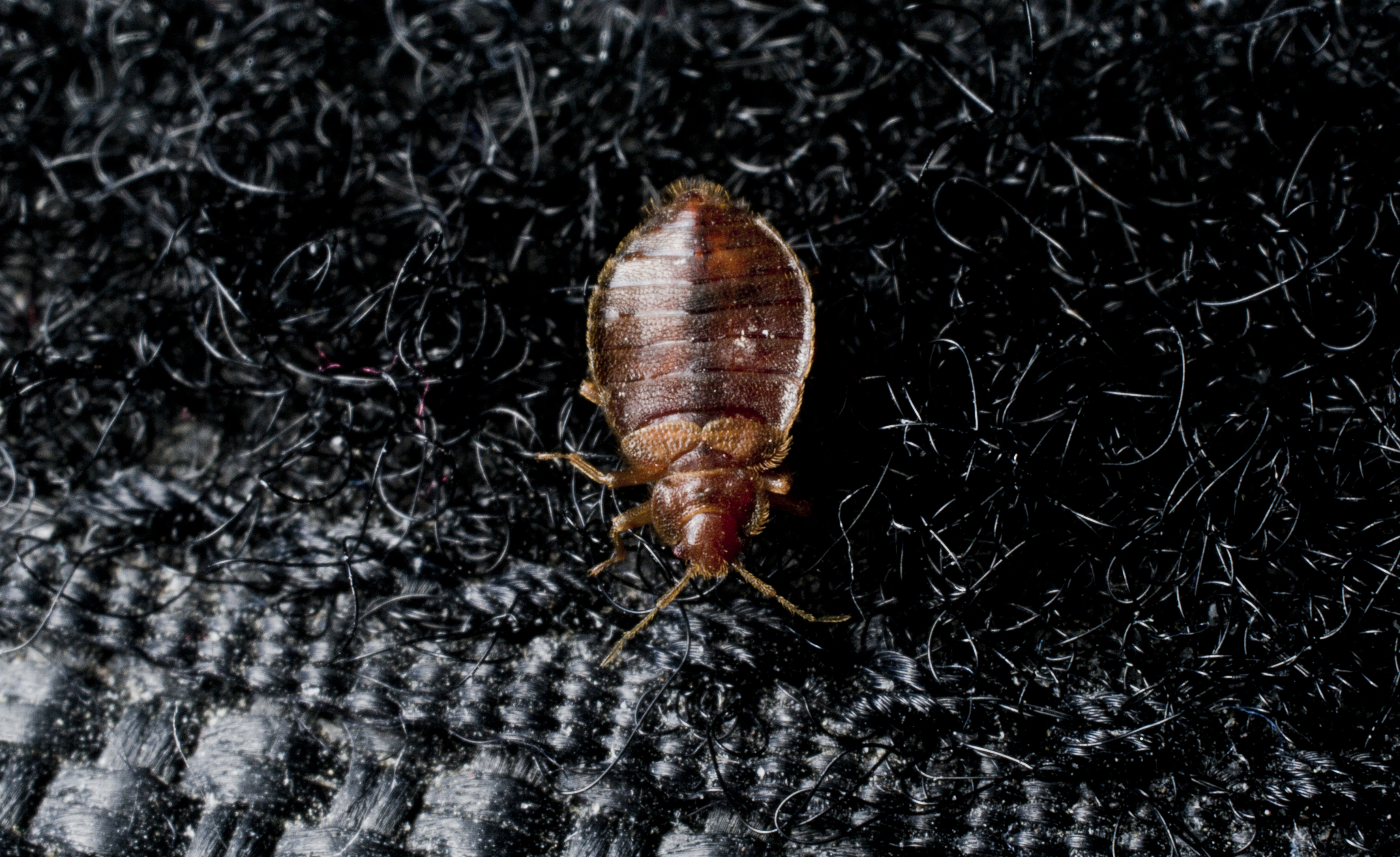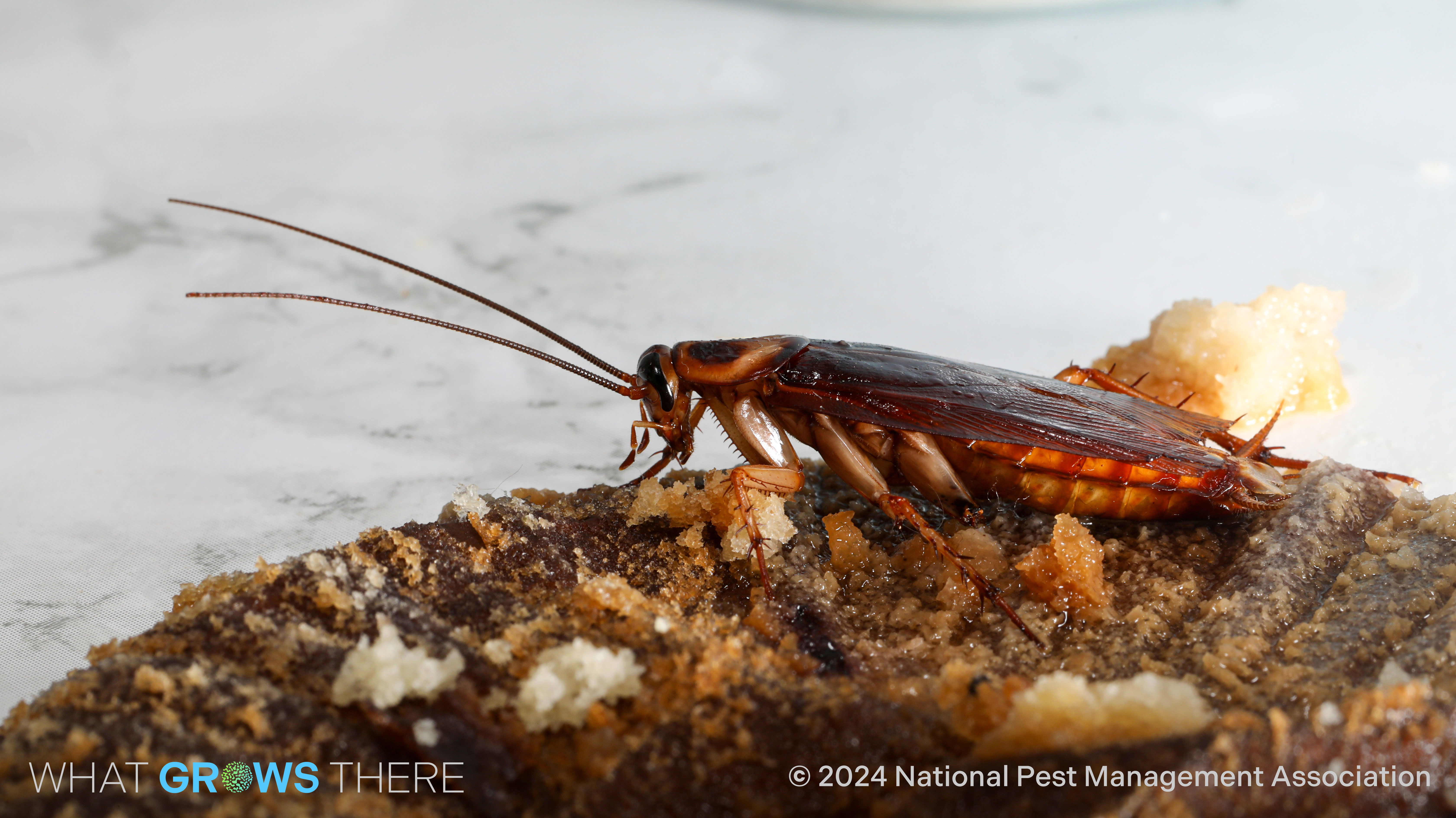Soggy Spring and Mild Summer Create Perfect Conditions for Pests to Thrive
National Pest Management Association releases summer Vector Sectors™ list highlighting 10 U.S. cities most at-risk for increased pest populations
The National Pest Management Association (NPMA) today released its bi-annual Vector Sectors™ list of the top 10 U.S. cities with the greatest risk for increased pest pressure from vector pests for the remainder of summer and into fall. After a soaking spring and mild conditions predicted for the remainder of summer across much of the continental U.S., pests such as mosquitoes, ticks, and cockroaches are likely to thrive.
“Disease-spreading pests such as ticks, mosquitoes and cockroaches love water, and mother nature sure dumped her fair share across much of the country this spring,” said Jim Fredericks, Ph.D., chief entomologist for the NPMA. “As Americans head outdoors to take advantage of mild summer conditions for the remainder of the season, it’s imperative that pest prevention remain top-of-mind. With the CDC recently increasing their annual Lyme disease estimate to 476,000 new cases in the U.S. each year, knowledge about the conditions that are favorable to ticks and other vector pests can help greatly reduce exposure.”
Vector pests pose a significant threat to public health. In addition to Lyme disease, ticks are also capable of spreading anaplasmosis, babesiosis and Rocky Mountain spotted fever. Mosquitoes are known vectors of West Nile virus and Eastern equine encephalitis (EEE), and cockroaches have also been reported to spread at least 33 kinds of bacteria and six parasitic worms to humans, making awareness a key component of personal protection.
The top 10 U.S. cities* named to the National Pest Management Association’s Vector Sectors list include:
Birmingham: After having its fourth-wettest June on record, mild temperatures predicted for the remainder of summer could create ideal conditions for mosquitoes and outdoor cockroach populations.
Boston: After having its warmest June on record and excessive rainfall, mosquito and tick populations will likely thrive due to favorable conditions.
Dallas: Mosquito pressure is likely to increase thanks to mild temperatures and excessive rainfall in spring and summer, which provide ideal breeding conditions.
Hartford: Above-average temperatures in spring coupled with excessive rainfall in summer could create ideal conditions for mosquitoes and ticks to thrive.
Houston: Excessive precipitation in spring coupled with above-average temperatures in spring and summer could contribute to increased mosquito pressure.
New Orleans: Above-average rainfall and mild temperatures throughout spring and summer could contribute to an increase in mosquito and cockroach populations.
New York: Above-average temperatures in spring and summer and over 10 inches of rain in July alone may contribute to thriving mosquito and tick populations.
Philadelphia: This region could experience a rise in tick and mosquito activity due to accelerated plant growth fueled by excessive heat and precipitation in summer.
Tampa: Warm and exceedingly dry conditions expected for the remainder of the summer could drive cockroach populations indoors in search of water.
West Palm Beach: Hot and dry summer conditions may drive Asian tiger mosquitoes toward residential areas and urban environments in search of water sources.
*Listed in alphabetical order, no numeric ranking.
When spending time outdoors, the NPMA recommends wearing long pants and sleeves, when appropriate, to limit exposure to ticks and mosquitoes, and be sure to properly apply bug repellent containing at least 20 percent DEET. Make sure to also conduct a thorough skin and clothing check on yourself, your loved ones and pets before returning indoors to prevent bringing ticks inside.
For indoor pest prevention, be sure to store food in airtight containers and clean up crumbs and spills immediately to eliminate food sources. Fix any leaking pipes or clogged drains and seal all potential entry points, including gaps and cracks in the foundation. To prevent mosquito breeding grounds from forming on your property, empty any sources of standing water, including bird baths, inflatable pools and overturned toys, as mosquitoes only need half an inch of water to breed.
If you suspect an infestation, contact a licensed pest control professional immediately.
For more information on NPMA’s Vector Sectors list, or to learn more about protecting against pests, visit PestWorld.org.
###
About the National Pest Management Association
The NPMA, a non-profit organization with more than 5,500 members, was established in 1933 to support the pest management industry's commitment to the protection of public health, food and property from the diseases and dangers of pests. For more information, visit PestWorld.org or follow @PestWorld on Facebook, Twitter, Pinterest and YouTube.

Learn About Ants
Ants are a common pest homeowners struggle to eradicate. Learn more about them!

Bed Bug Pest Guide
Traveling for the holidays this year? Be sure to keep an eye out for bed bugs! Use our Pest Guide to help identify this pest.

NPMA's What Grows There? Project
Check out NPMA's What Grows There? project to learn how pests, such as flies, cockroaches and rodents, can spread germs throughout a home.

About the National Pest Management Association
The NPMA, a non-profit organization with more than 5,500 members, was established in 1933 to support the pest management industry's commitment to the protection of public health, food and property from the diseases and dangers of pests. For more information, visit PestWorld.org or follow @PestWorld on Facebook, X, Pinterest, TikTok and YouTube and @PestWorldOfficial on Instagram.

Learn About Ants
Ants are a common pest homeowners struggle to eradicate. Learn more about them!

Bed Bug Pest Guide
Traveling for the holidays this year? Be sure to keep an eye out for bed bugs! Use our Pest Guide to help identify this pest.

NPMA's What Grows There? Project
Check out NPMA's What Grows There? project to learn how pests, such as flies, cockroaches and rodents, can spread germs throughout a home.

